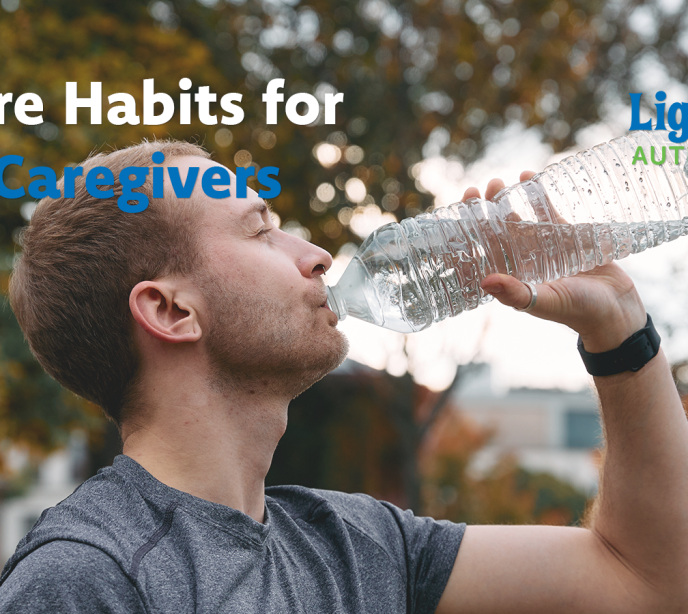Autism Awareness Training for First Responders Teaches Emergency Personnel How to Respond to Individuals with Autism
Center for Autism and Related Disorders (CARD) and Institute for Behavioral Training (IBT) today announced that they will partner to train first responders on how to approach and interact with individuals with autism spectrum disorder beginning in April for Autism Awareness Month. IBT has trained over 3,000 people across the United States and various countries since 2013. The free training titled, “Autism for First Responders,” will be presented in Fairport, N.Y. on April 30; Larchmont, N.Y. on April 30; Chicago, Ill. on April 23; Austin, Texas on April 26; Phoenix, Ariz. on April 28 and 29; Washington, D.C. on April 23; and in the following California cities, Sacramento on April 28, Fresno on April 25, Woodland Hills on April 24, Thousand Oaks on April 30, Tustin on May 1, Temecula on April 29, Riverside on April 28, and San Marcos on April 29.
According to the new statistics released by the Centers for Disease Control and Prevention (CDC) on March 27, 2014, one in every 68 children in America is diagnosed with autism spectrum disorder (ASD), with one in 42 boys and one in 189 girls diagnosed. As more children, teens and adults are impacted by ASD, more police and other first responders will have interactions with the population.
Individuals with autism may struggle to communicate, make appropriate eye contact or even respond to someone asking them their name. The behaviors that children and teens with ASD display vary greatly, which is why autism is described as a spectrum disorder. Parents and professionals agree that safety is a huge concern for everyone in this population as they may be easily distracted, lost or even elope from their school or surroundings. The “Autism for First Responders” training will enable emergency personnel to recognize the signs of ASD and react accordingly to minimize their own risk and that of the individuals with autism.
“Training first responders to recognize ASD is crucial,” said Cecilia H. Knight, director of IBT. “Helping a family find a child who has wandered away, protecting an adult with autism whose behavior is misunderstood, or helping a paramedic know how to interact when a child is injured can truly make a life or death difference. Recognizing the signs of autism and knowing how to react is key.”
The trainings will be hosted by CARD treatment centers across the United States. IBT’s training will teach attendees the signs and symptoms of ASD, how to communicate with individuals who appear to be affected by autism and tips for first responders who interact with individuals on the spectrum. For more information on the events or to set-up a training, please visit https://www.centerforautism.com/first-responders.aspx
For the original article see the link below
Together, we can unlock your child’s potential
Related News

01/15/2026
10 Simple Self-Care Habits for Autism Caregivers
Caring for a child with autism is rewarding, but can also be demanding in ways that aren’t always visible. Between daily routines, therapy schedules, advocacy, and emotional labor, many caregivers find themselves running on empty, even as they continue to show up for their child every day. Earlier this year, we explored this reality in our blog post, The Power of Pause: Why Caregiver Self-Care […]

01/05/2026
The Power of Pause: Why Caregiver Self-Care Matters
As a new year begins, many families naturally reflect on what they hope the months ahead will bring—more peace, more balance, more support. At Lighthouse Autism Center, we’ll be taking a deeper look at the importance of self-care throughout the month of January, offering resources and encouragement to help caregivers start the year feeling supported and grounded. But […]

11/18/2025
Tips for Picky Eaters and Introducing New Foods
Autistic children are often labeled as picky eaters, but the truth is that they face a unique set of challenges that can make mealtimes extremely stressful. Discover helpful tips on introducing new foods into your child’s diet to make mealtimes more nutritional and enjoyable for everyone at the table. Autism and Food: Tips for Introducing […]


